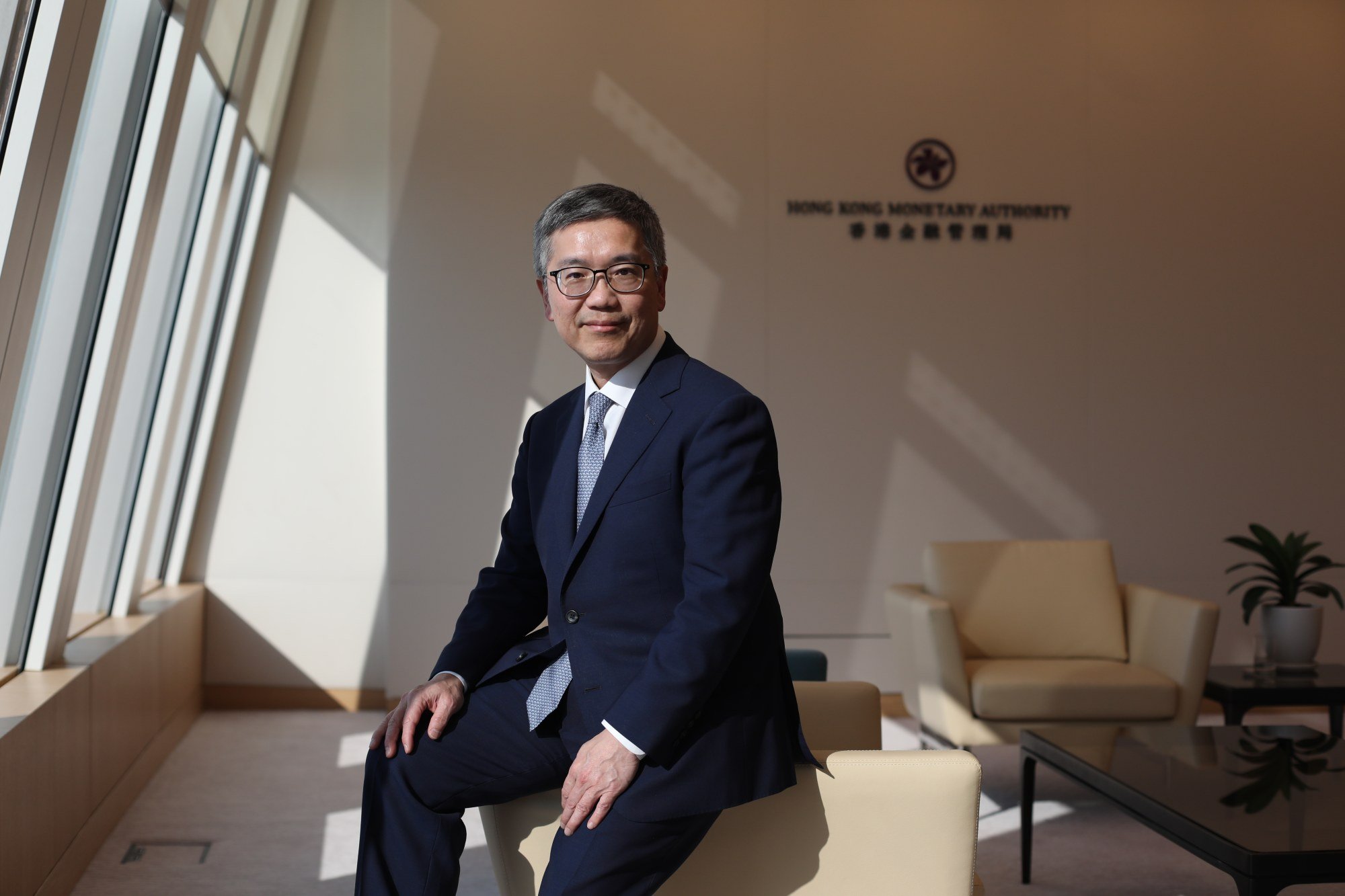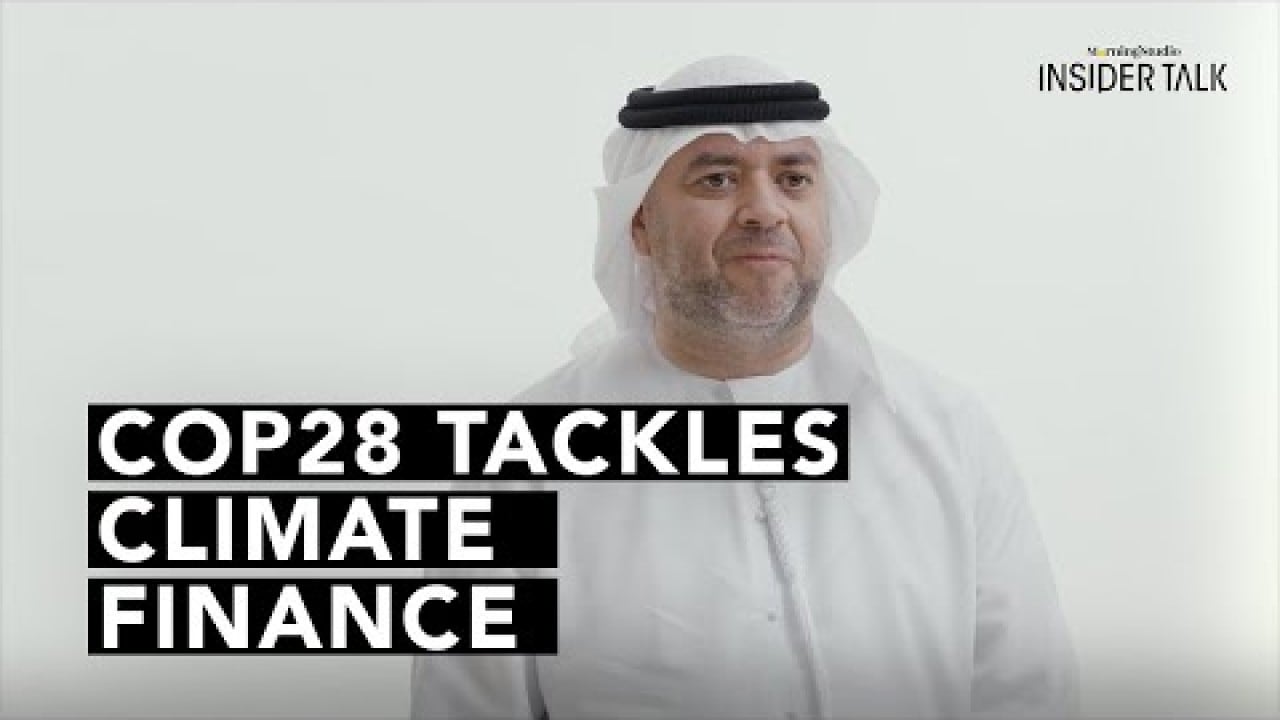“The release of the Hong Kong Taxonomy for Sustainable Finance marks a key milestone for Hong Kong’s sustainable finance landscape,” Eddie Yue Wai-man, CEO of HKMA, said in a statement on Friday.
“By providing a common language and framework for sustainable finance, we are equipping market participants with an important tool to make informed decisions, drive impactful cross-border investments and contribute to global efforts in combating climate change.”
The taxonomy covers 12 economic activities under four sectors: energy, transport, construction, and water and waste management.

Having a taxonomy is important to prevent “greenwashing”, the act of making unsubstantiated claims about the environmental benefits of a product or practice.
The HKMA plans to expand the taxonomy soon to cover other sectors like retail and services, said Arthur Yuen Kwok-hang, deputy CEO of HKMA, who added that the authority had received positive feedback following market consultations last May on preparing the taxonomy.
“We encourage the financial sector to use the taxonomy to assess the greenness of projects when they decide to make green loans to these companies,” Yuen said at a media briefing on Friday.
“A green taxonomy is an integral part of the green finance ecosystem. It enables investors to look for green investment opportunities and make informed decisions, thus easing the mainstreaming of sustainable finance flows.”
The taxonomy has adopted local elements such as listing out Hong Kong certifications and standards that could be used to prove the buildings or operations are environmentally friendly and also are in line with guidelines issued by mainland China and the EU.

“This will help companies operating in mainland China and Europe to consider borrowing green loans or raising green bonds in Hong Kong,” Yuen said, noting that Asia alone will require US$66 trillion in climate investments over the next 30 years.
“Addressing climate change requires the support of the financial industry, which in turn will bring about enormous opportunities,” he said. “Hong Kong, which is an international financial centre, is the ideal capital market to support these green financing activities.”
Investments on such a massive scale are needed to meet the global aim of containing global warming within 1.5 degrees Celsius of pre-industrial levels and avoid the worst effects of extreme climate events. Last year was the warmest year on record, according to the World Meteorological Organization.
“Extreme weather is clear evidence of accelerating climate change and a reminder for an urgent need for decarbonisation,” Yuen said.
The Hong Kong government’s decision to extend the US$100 billion Green and Sustainable Finance Grant Scheme for another three years will cover transition bonds and loans for companies to upgrade their equipment to save energy and cut down on pollution.
The move was announced by Financial Secretary Paul Chan Mo-po in his budget speech in February. The current scheme expires on May 10.
“The scheme will encourage more companies and industries in the region to make use of Hong Kong’s financing platform as they move towards decarbonisation,” Yuen said.
Separately, the HKMA will soon launch a cloud-based platform for banks to assess the potential impact of physical risks on residential and commercial buildings in Hong Kong under different climate scenarios, such as flooding and typhoons.


